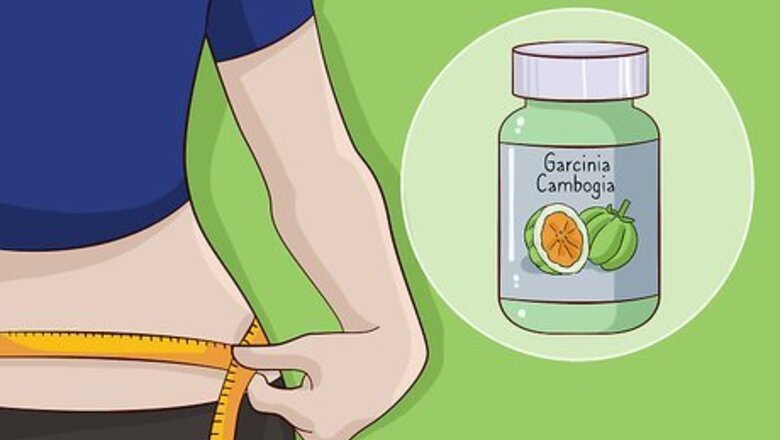
views
Reported GC Benefits
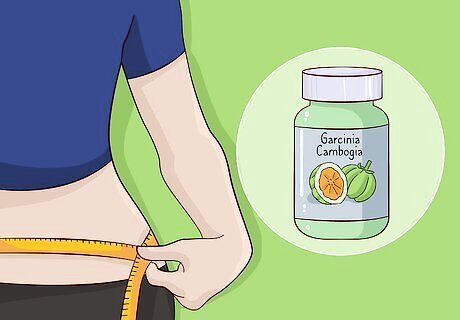
Take GC to support a weight-loss regimen. Many garcinia cambogia products claim to help you lose weight by reducing your appetite and burning fat. If you’re trying to lose weight, then it’s only natural to look for supplements or nutrients that might help. Evidence is mixed, but some studies do show that GC can help you lose weight. It may work if you want to make it a part of your weight-loss routine. Keep in mind that most studies showed that GC does not lead to any significant weight loss. Even if garcinia cambogia helps you lose weight, it’s not a magic solution. If you start taking GC to lose weight, don’t rely on it completely. Pair it with a healthy diet and exercise for the best chance of success.
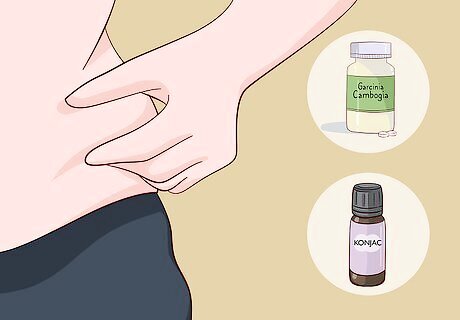
Try GC to lower your cholesterol. High cholesterol is a common problem, so you’re not alone if you’re looking for an effective remedy for this. There's a chance that it could prevent your body from absorbing triglycerides, or "bad" cholesterol. Most studies don’t show that GC can help lower cholesterol, but one did show a reduction in LDL cholesterol when GC was taken with Amorphophallus konjac. You can try these 2 herbs together and see if they help lower your cholesterol level. GC isn’t always a reliable way to control cholesterol, and some studies show that it might even increase cholesterol. It’s best to talk to your doctor for the best treatment if you need to lower your cholesterol.
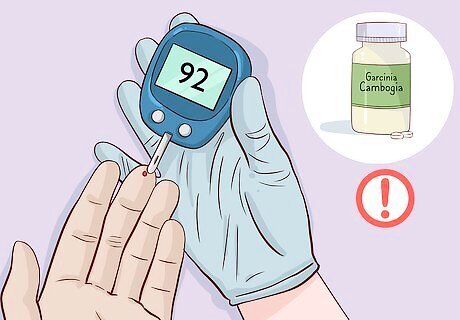
Don’t rely on GC to lower your blood sugar. While some websites claim that GC can help lower your blood sugar and prevent or control diabetes, there’s unfortunately no reliable evidence for this. GC probably doesn’t help control blood sugar at all, so this isn’t a good choice for you. If you do need to lower your blood sugar, better choices include following a healthy diet, reducing the amount of carbohydrates and processed sugars that you eat, and exercising regularly.
Taking GC Correctly
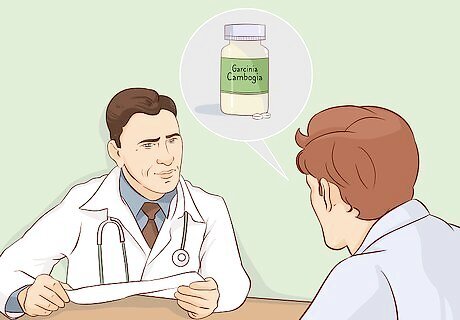
Ask your doctor if GC is safe for you. Since garcinia cambogia could have serious side effects and interacts with several different drugs, it might not be safe for everyone. Always tell your doctor if you’re thinking of taking it and ask if this is safe for you. They can give you the best suggestions for dosing and whether or not you should use the supplement. It’s especially important to check with your doctor if you take medication regularly. Drugs that GC could interact with include insulin and other diabetes medication, statins, iron supplements, antidepressants, asthma medications, and warfarin. If your doctor tells you that taking GC isn’t safe for you, then listen to them. This is important to protect your health.
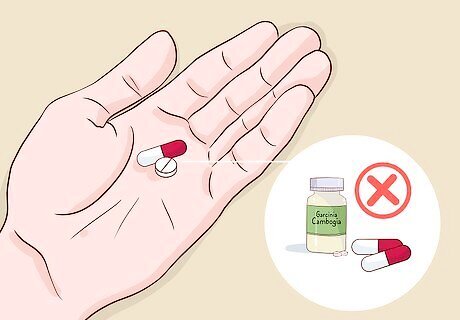
Do not take GC with antidepressants. GC could boost the amount of serotonin in your body, which is the same action as several antidepressant drugs. In rare cases, this could cause an overdose of serotonin. It’s best to skip GC supplements if you take antidepressants.
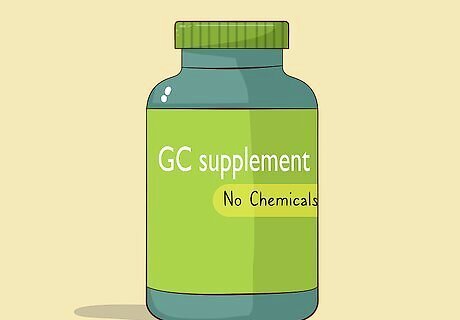
Get a supplement without any added chemicals. Some supplements contain added chemicals that could be harmful. Particularly, one GC supplement was removed from the market because it contained sibutramine, an illegal chemical that can cause heart problems. Always check any supplements you're using to make sure there are no added chemicals. If the full ingredients aren't listed, try contacting the manufacturer to ask. Always use caution because the FDA doesn't regulate or inspect dietary supplements.

Follow the dosing directions for the product you use. Different GC supplements might have different dosages. Always check the directions and follow the directions provided so you don’t take too much. Clinical studies use a range of doses for GC, but the upper limit is usually 1,500 mg per day. Don’t take more than this.

Expect minor side effects like nausea or headaches. Like all supplements, GC can cause side effects. Most of these are minor, and the most common ones are nausea and a headache, but you might also experience minor digestive or respiratory effects. If the side effects seem serious, then stop taking the supplements and contact your doctor. In rarer cases, some people get liver damage from taking GC supplements. If you experience severe stomach pain, vomiting, confusion, and jaundice, stop taking the supplements and get medical help right away.
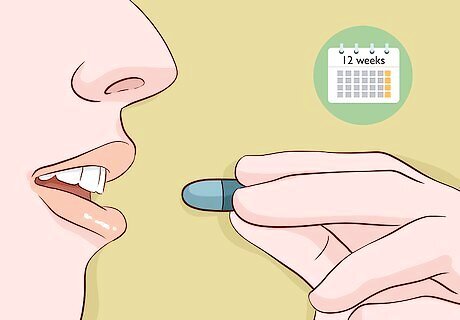
Take the supplement for 12 weeks or less. GC has only been studied for short-term use, and it’s unclear if long-term use is safe. To avoid complications, only take the supplement for 12 weeks at a time. Remember that you might still experience side effects even with short-term use. Watch out for any negative effects and stop taking GC if you experience any.











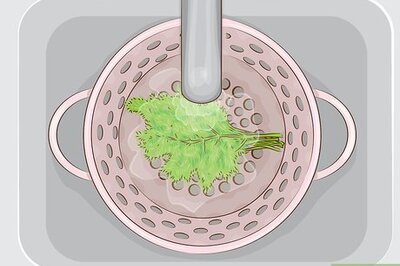






Comments
0 comment